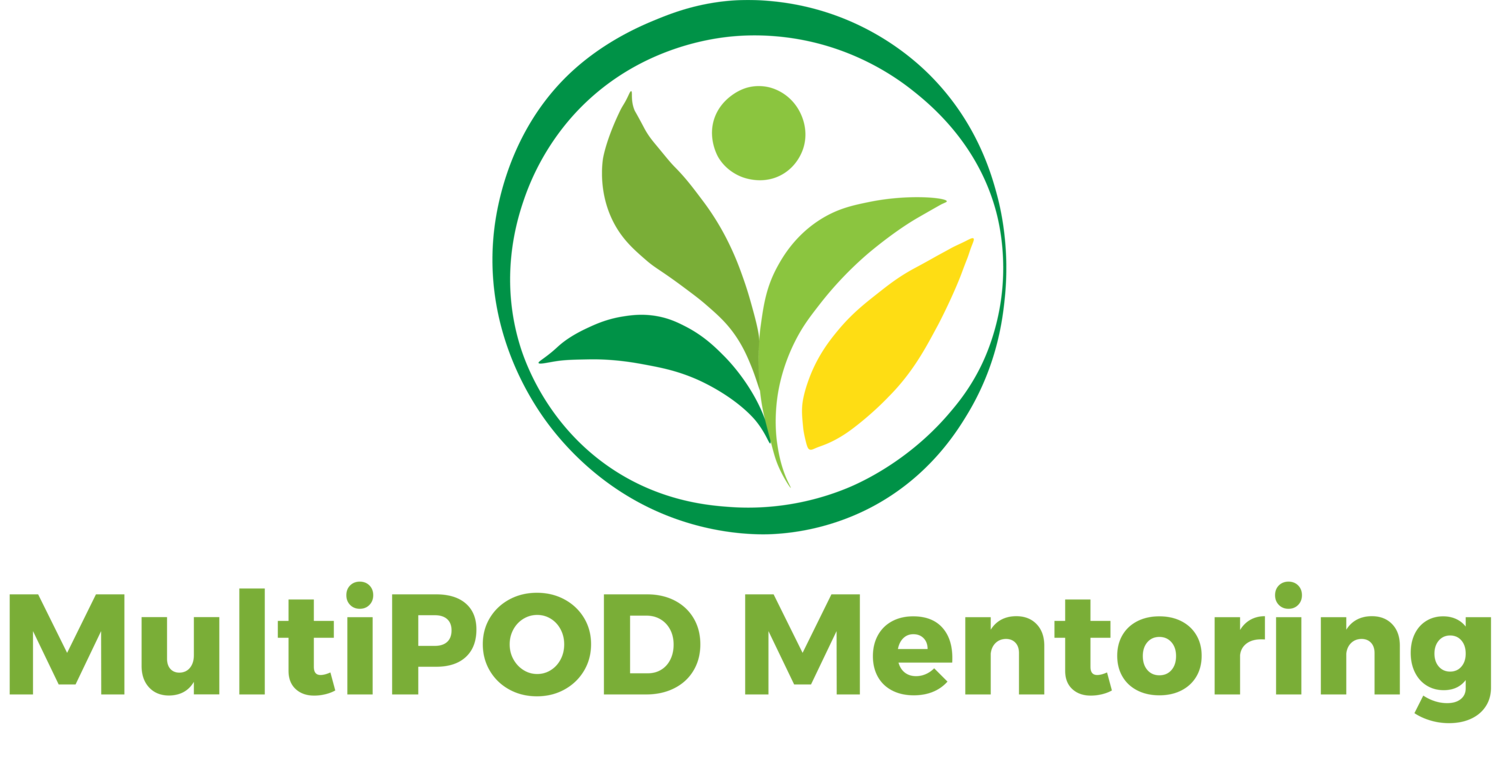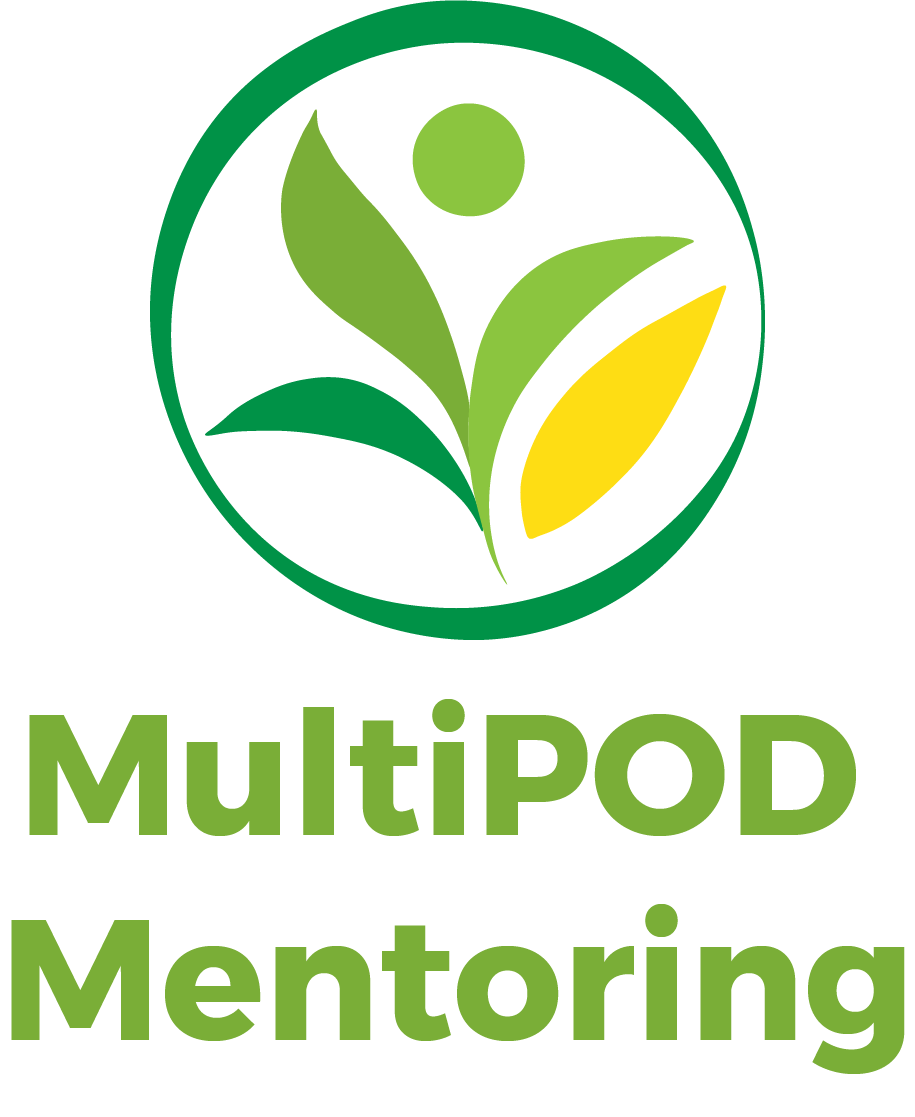
MultiPOD Sessions
Mentoring is largely "organic" and requires the development of good chemistry, trust, and a caring relationship between mentee and mentor.
We support the program participants with guidelines, documents and personal advice, if and when required, but the quality, contents, and dynamics of the sessions depend on their mutual investments, wishes and needs.

The long-distance sessions are conducted via Zoom, Google Meet, Microsoft Teams, or any other videoconferencing method, and usually last between 30 and 60 minutes.
Mentee and mentor agree on date and time and the mentee is responsible for the agenda and time zone coordination, which is rarely an unsurmountable problem.
We insist that at least 2/3 of all sessions be conducted screen-to-screen because body language is extremely important in any person-to-person communication and gives both parties the opportunity to really get to know each other.
Texts, WhatsApp and e-mails are useful to schedule sessions, to exchange documents, and for quick messages but not for comprehensive and “almost-in-person” mentoring sessions.
Because of the diversity of background and disciplines and the mentee’s personal and professional subject of interest or focus (e.g. thesis, job in a specific field or country, etc.) the Mentor may not be familiar with a particular theme.
We encourage both mentees and mentors to contact, network, and conduct sessions with other participants in the program.
This has proven to be a very valuable and enriching experience, which is especially useful for our students and young professionals.
The mentee is responsible to do the necessary research and provide the mentor with any materials and documents for review before or during the session.
These bi-directional “sharing of knowledge” is oftentimes the most enjoyable and enriching experience for both mentor and mentee.
Other modalities of mentoring and special sessions
In addition to the one-on-one interaction between a senior professional and a young professional, we promote and have already conducted successful horizontal and diagonal sessions as well as group sessions with the following modalities:
Two or three mentees and one mentor
Two to four mentees among themselves (e.g. shared discipline, interest, or nationality, or a common interdisciplinary project)
One mentee and two mentors (mentees like to observe and learn from a dialogue or debate between two mentors)
Two or three mentors among themselves (e.g. to exchange experiences and tips on mentoring)
Webinars or meetings of larger groups of mentees and mentors for technical discussions, proposal review, or business meetings.
Sequential meetings of the mentee with one or two additional mentors and consultation with a Mentor Advisor or a Peer Advisor.
Mentee Bhitariyo Mulimba, Nairobi, Kenya and mentor Fernando Zacarias, Washington D.C., USA during skype session



